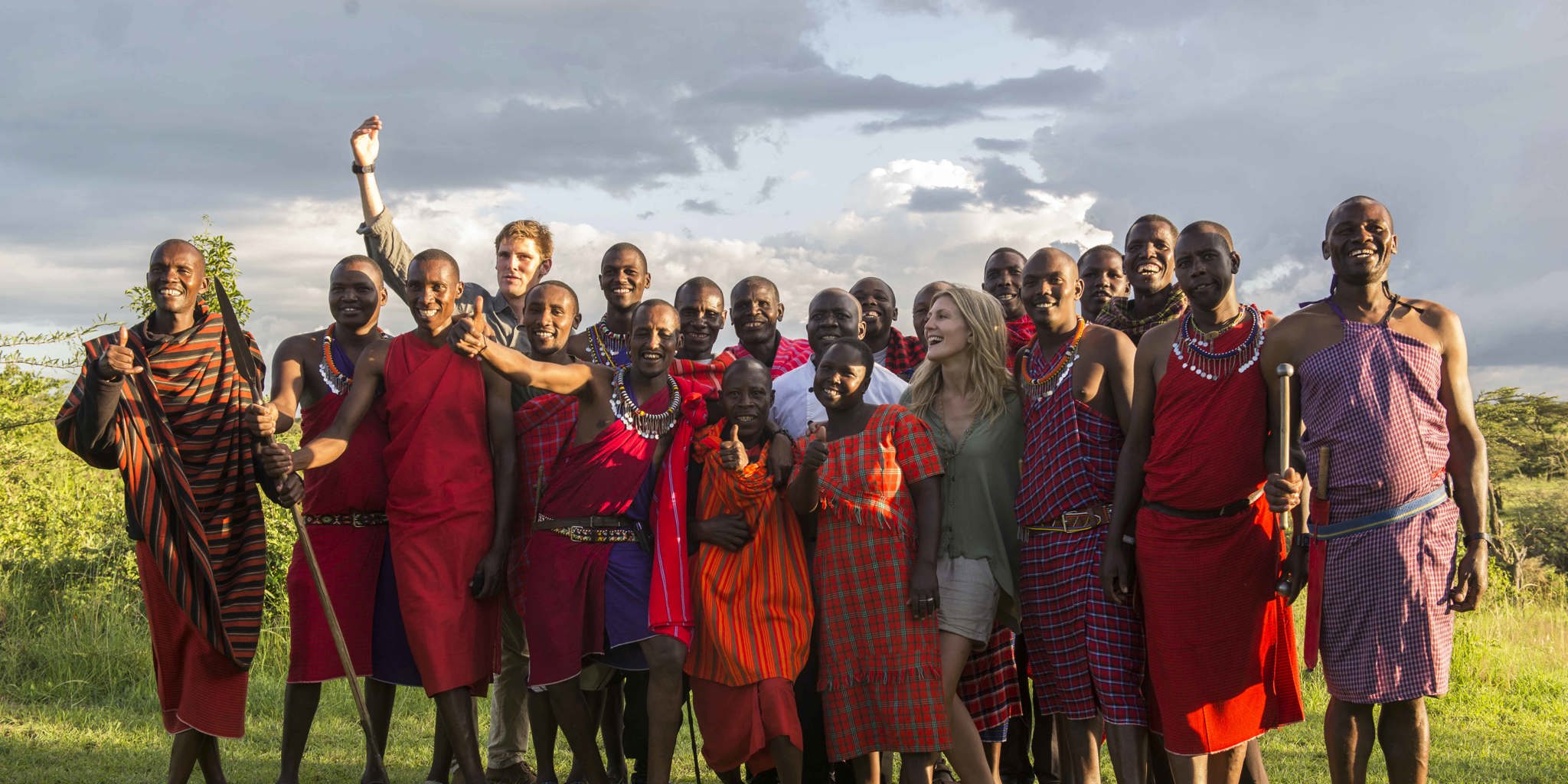Statistically, you’re far more likely to have a road accident at home than to have any kind of accident whilst on vacation. However, there are inherent risks involved in travelling to any safari destination – and accidents do happen. Below, we outline the key issues specific to the places our travellers visit. Please read through these carefully, and make yourself aware of the risks before you book your trip. If you’re not prepared to take these risks, we do not recommend that you book with us.
SAFETY IN AFRICA
Safety standards and regulations vary from country to country, as do the enforcement of these standards and regulations. So it’s really important that you familiarise yourself with the travel guidance offered to you by your foreign office or state department (please note that Yellow Zebra follows the guidelines provided by the UK Foreign & Commonwealth Office). It is also vital to listen to local advice on safety whilst you are travelling, and always to make yourself familiar with the fire safety advice for each property at which you stay.
Opportunistic theft can be a problem in all countries across the world, and tourist visitors are often a target. Africa is no different, so it’s important to be sensible when away from your hotel or lodge. If you’re in a city, conceal your camera and carry minimal cash with you. Leave your passports and important documents in a safe or with the hotel’s or lodge’s management. On safari, make use of your in-room safe or the manager’s safe if your room does not have this item.
WILDLIFE
Wildlife is most likely the reason you are visiting Africa – to see and experience, at first hand, the incredible biodiversity that this continent has to offer. However, it’s essential to understand before you travel, and to remember whilst you are there, that you are not going to a zoo. It is humbling to be in the presence of animals such as lion, elephant, buffalo, hippo in their natural habitat, but they are wild and as a result they can be dangerous.
You can mitigate risks associated with wildlife by listening to your guide whilst on activities and to the staff whilst at your accommodation, always following their advice. On arrival at a safari camp or lodge, you should be given a safety briefing – please pay attention and follow any advice you are given. If, for any reason, you are not given any advice on safety, please request that the manager sits down with you and goes through the safety issues.
Most of the safari camps in our itineraries are unfenced. Wildlife does wander freely through them, so it’s important to remain alert at all times. Whilst you are walking around the camp, do so slowly and cautiously, listening to the sounds of the bush around you. If you encounter any potentially dangerous wildlife, remain calm and retreat to the nearest place of refuge.
If you have any concerns, we’d recommend requesting that a member of staff escort you around the camp or lodge. You will always be escorted at night. Rest assured, accidents with wildlife in camp are exceedingly rare, but if you’d prefer to stay at a fenced safari camp we do feature a small handful of these properties and we could certainly plan a trip using them.
AFRICAN ENVIRONMENTS
The safest approach to being in the African bush is to avoid picking up or touching any plants or insects that you see. They may look harmless, or indeed beautiful, but they can be hazardous or concealing something hazardous behind them.
Roads in Africa can be very poor, especially in but not limited to the wildlife areas such as national parks and conservancies. Most of the wildlife areas we use in planning vacations have rough dirt roads, and are not paved. Safari vehicles are generally well equipped to cope with these challenging conditions, but poor roads and sometimes poor weather can make for very bumpy rides from time to time. If the road is bumpy, we’d suggest wearing a seatbelt if one is available, although not all safari vehicles have them and it’s often not legally required for the camp or lodge to provide them if you’re not on a public road.
If you have any pre-existing health problems that could be exacerbated by bumpy roads, please let us know before booking so that we can discuss the issue and the risk of injury with you. Roads in some areas are worse than others, so it might be possible to suggest an itinerary to you that minimises any risk to your health. However, please be aware that poor roads are common across all our destinations, so it’s unlikely we could prevent any risk at all.
TRAVELLING WITH CHILDREN
Sharing a unique vacation like this with your family is extremely rewarding. We plan lots of trips to Africa for families with children, especially as the number of family-friendly camps and lodges has been increasing over the past few years. That said, whilst on safari, parents with children of any age should be aware that animals can wander through any camp or lodge. As a result, parents must keep a close eye on their children at all times and children must not be allowed to walk around the camp or lodge alone. Children are always their parents’ responsibility.
We do not recommend that children under the age of 16 years stay in a safari tent, in a tented camp, either by themselves or with other children aged under 16. We advise that children aged 15 years and younger always share with at least one adult, even if the camp itself does not require this. Take a look at on our blog for more information on safety tips for you and your family while on safari.
If you are travelling to Botswana, Namibia and/or South Africa with children under the age of 18 years of age, you will be asked to show the child’s ORIGINAL unabridged (full) birth certificate in English, as well as the child’s passport. Please ensure you travel with these documents as you will be denied entry without them. Any documents not in English must have a sworn translation (certified/ authenticated).
IF YOU HAVE AN ISSUE WHILST TRAVELLING
Occasionally one of our travellers has an issue whilst they are travelling. Firstly, we’d recommend speaking with your camp/lodge/hotel manager to try to resolve the issue. If this fails, you can ask the manager to contact us on your behalf, or you can contact us directly, of course. We’ll try our best to help solve the problem, and as quickly as possible.
If the issue is an emergency situation, or likely to result in any kind of insurance claim, you should also inform your insurers as soon as you can.
Please don’t wait until you get home to inform us of any issues, as by then we are unable to help you to resolve the matter.
HEALTH
Please speak to a medical professional about your travel plans as soon as possible. You’ll need plenty of time to get advice on how to prepare for your trip, and to arrange any necessary vaccinations.
In the meantime, here are some general health issues that are worth noting before your vacation:
- Many of our destinations are in malarial areas, so malaria prophylaxis is recommended for most travellers to Africa. Malaria is Africa’s most dangerous disease, so it’s essential that you talk to a doctor about the various preventative options available, and which is best for you. When travelling, take care to cover up in the evenings to avoid being bitten, and take a good mosquito repellent with you.
- It’s generally recommended that you’re up to date with your tetanus, typhoid and polio vaccinations if you’re travelling to any of the countries we feature.
- Being out on activities in Africa can result in a lot of sun exposure. For example, many safari vehicles don’t offer any shade, and bush walks and hiking are often enjoyed in direct sun. Make sure that you take a hat and plenty of high-factor sun cream, and that you drink lots of water. Lightweight long-sleeved clothing can also really help if you’re sensitive to the sun, as can avoiding being out in the hottest hours of the day – usually 11am to 3pm.
- It’s sometimes possible to pick up first aid supplies and medicines whilst you’re on your trip, and most hotels/lodges/camps should have a basic first aid kit. However, as some don’t have one, we always recommend travelling with your own simple version, containing items such as rehydration salts, anti-histamines, anti-diarrhoea tablets, plasters, painkillers, and any prescription drugs you are taking (please always carry prescription drugs in your hand luggage).
TRAVEL INSURANCE
It’s a condition of booking that all of our travellers have adequate travel insurance to cover the duration of their trip. You might like this to include cancellation and curtailment cover, as well as cover for travel delays and theft/loss/damage of personal items. However, it’s essential that your policy includes adequate cover for medical, evacuation, and repatriation costs in case of an accident or an emergency. Many of our vacations operate in very remote areas, where an accident can require the need for a medevac (medical evacuation) – this can cost US$10,000. If you were to incur a serious injury, private hospital bills can quickly escalate to tens of thousands of dollars. In the most serious of cases, it’s possible that an air ambulance might be required to fly you all the way home – this can easily cost US$250,000!
So, please ensure that you purchase a travel insurance policy with very high or unlimited medical cover, and at least US$500,000 towards the costs of evacuation and repatriation. Please see our MD’s blog on Travel Insurance for further information about this.
PASSPORTS AND VISAS
All travellers must have a passport that is valid for at least 6 months beyond your intended departure date out of Africa (i.e., 6 months beyond the date you’re due to return home). Please also ensure that you have sufficient blank visa pages in your passport, with at least two consecutive/side-by-side blank pages per country visited (endorsement/amendment pages do not count).
Our travellers come from all over the world, and visa entry requirements for our destinations will vary for every nationality. Please check any visa requirements carefully yourself, as ultimately these are your responsibility. No visas are included in the cost of our trips and we are not able to help people obtain visas for travel. These are always the traveller’s responsibility.
 USA
USA
 UK / International
UK / International
 CA
CA
 Australia
Australia





